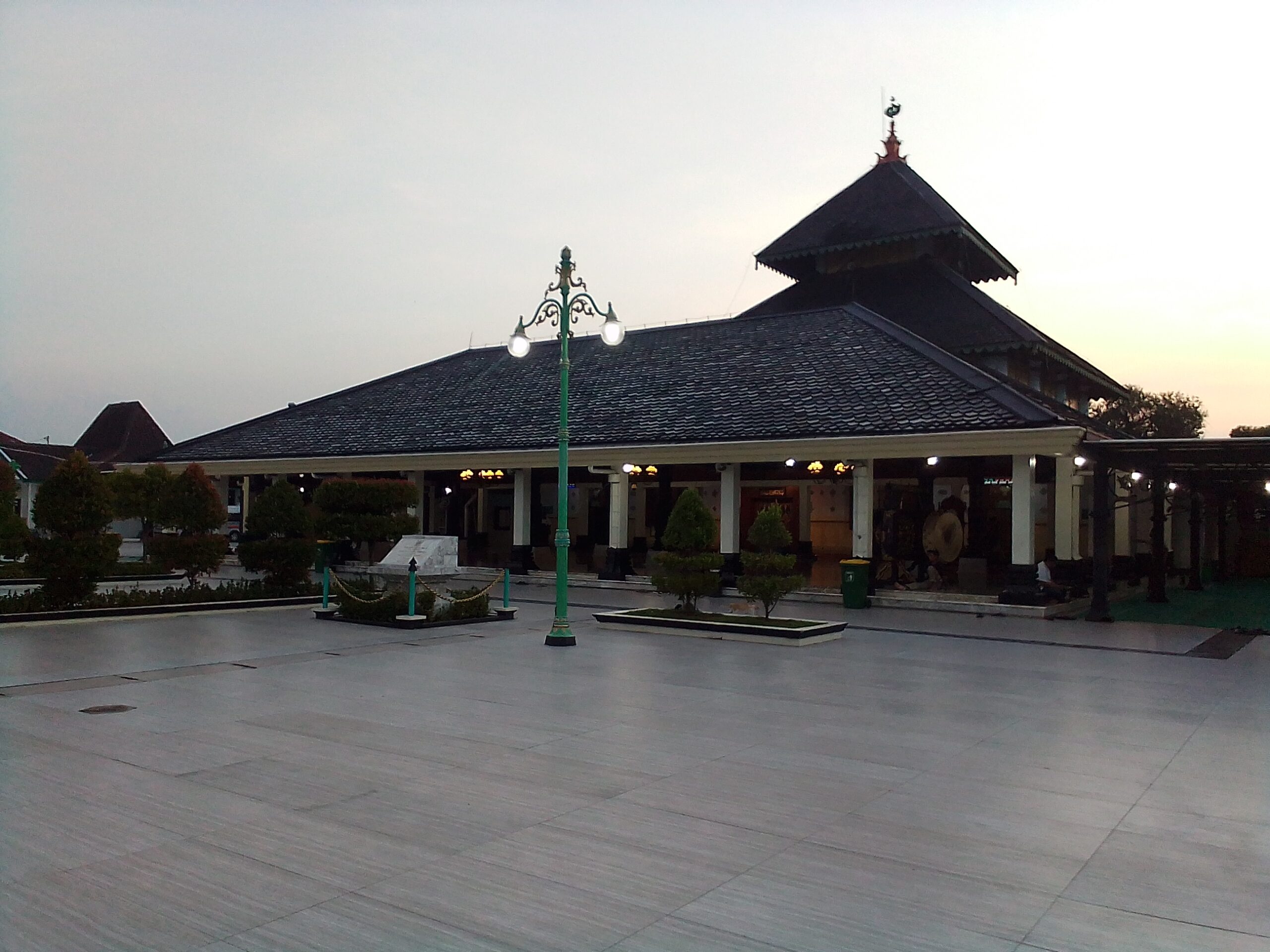Islamic heritage in Indonesia is deeply rooted in the country’s history, culture, and society. It began with the arrival of Muslim traders and missionaries as early as the 7th century, although Islam’s significant spread occurred during the 13th to 16th centuries through various means, including trade networks and the influence of Islamic scholars.
One of the most iconic Islamic heritage sites in Indonesia is the Masjid Agung Demak (Great Mosque of Demak), located in Central Java. Built in the 15th century, it is one of the oldest mosques in Indonesia and represents the early establishment of Islam in the archipelago. Its architecture reflects a blend of Javanese and Islamic styles, showcasing the integration of Islam with local culture.
Another notable aspect of Islamic heritage in Indonesia is the spread of Islam through the work of influential Muslim scholars, such as Sunan Kalijaga, Sunan Bonang, and Sunan Gunungjati. These figures played pivotal roles in not only spreading Islamic teachings but also in shaping the religious and social landscape of the region. Their legacies are commemorated through the existence of various Islamic schools, gravesites, and cultural practices that continue to be upheld by Indonesians.
The cultural richness of Islamic heritage is also evident in Indonesia’s diverse array of traditional arts, including batik, wayang kulit (shadow puppetry), and gamelan music, which have been influenced by Islamic values and aesthetics. These art forms often incorporate motifs, stories, and melodies inspired by Islamic teachings and historical events, serving as expressions of faith and identity for Indonesians.
Furthermore, Indonesia is home to numerous Islamic educational institutions, ranging from pesantren (traditional Islamic boarding schools) to modern universities offering Islamic studies. These institutions contribute to the preservation and transmission of Islamic knowledge and values across generations, fostering a strong sense of religious identity among Indonesians.
Overall, Islamic heritage in Indonesia is a vibrant tapestry woven into the fabric of the nation’s identity, encompassing diverse historical, cultural, and religious dimensions that continue to shape the lives of millions of Indonesians today.

